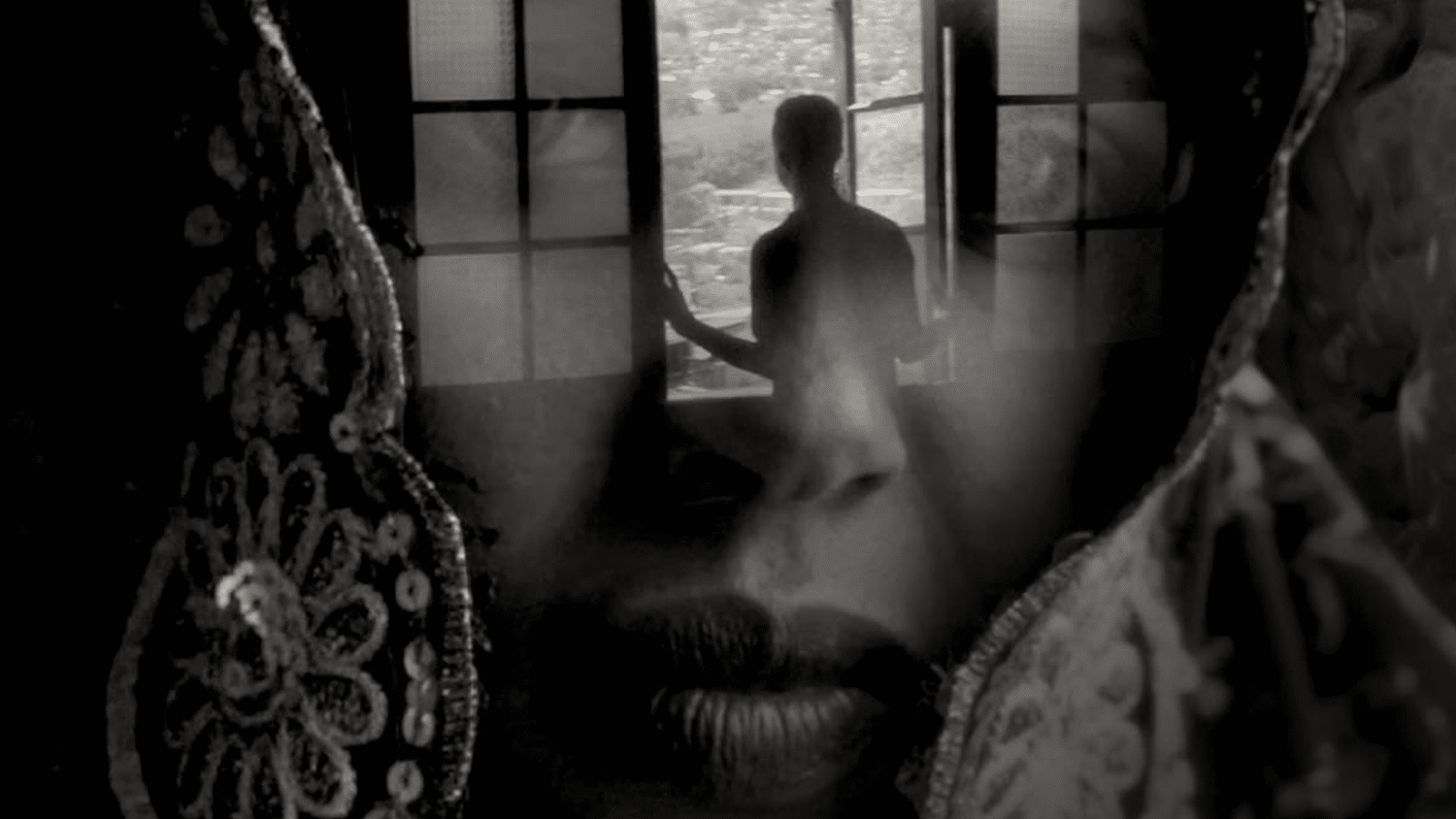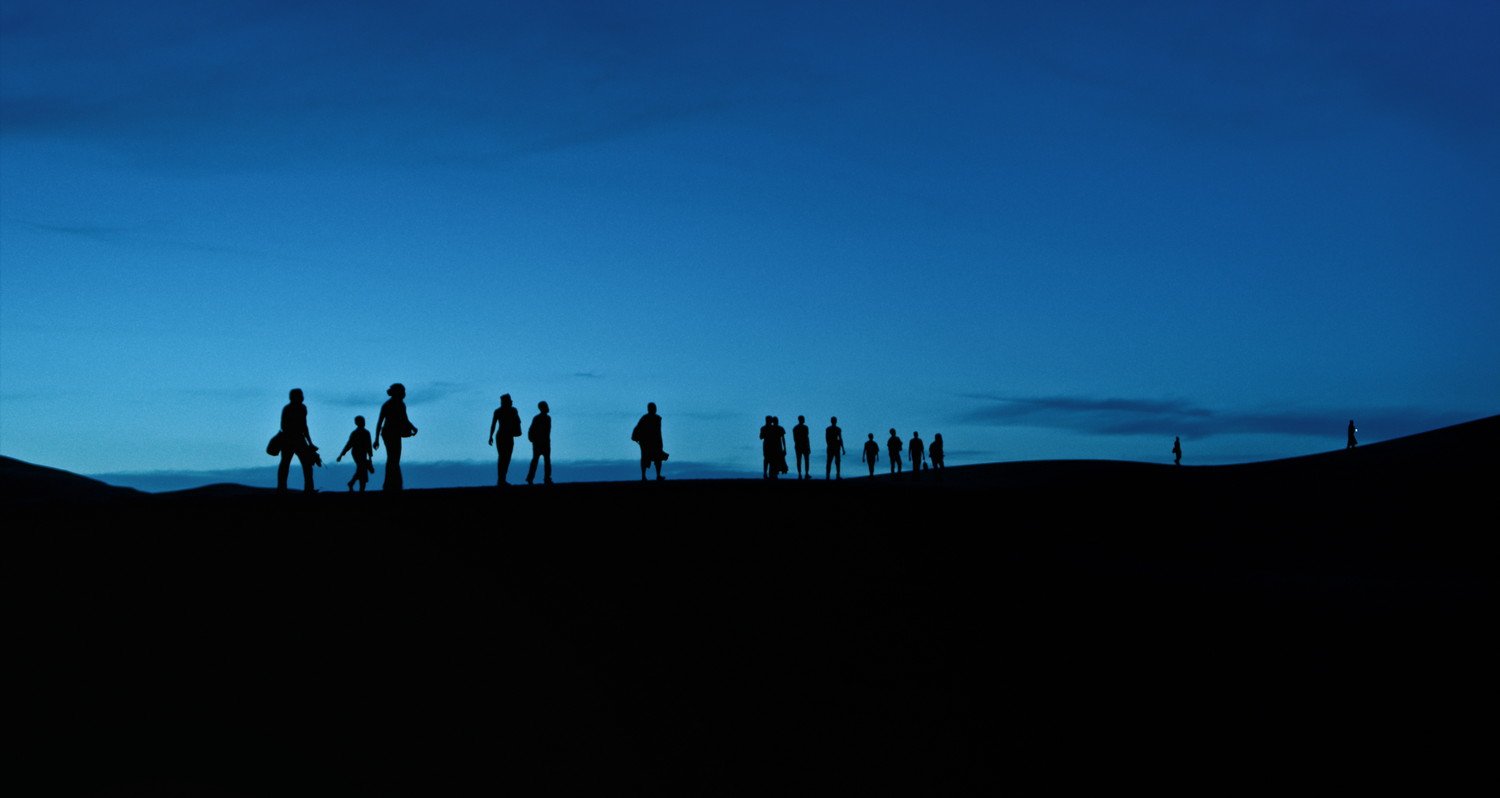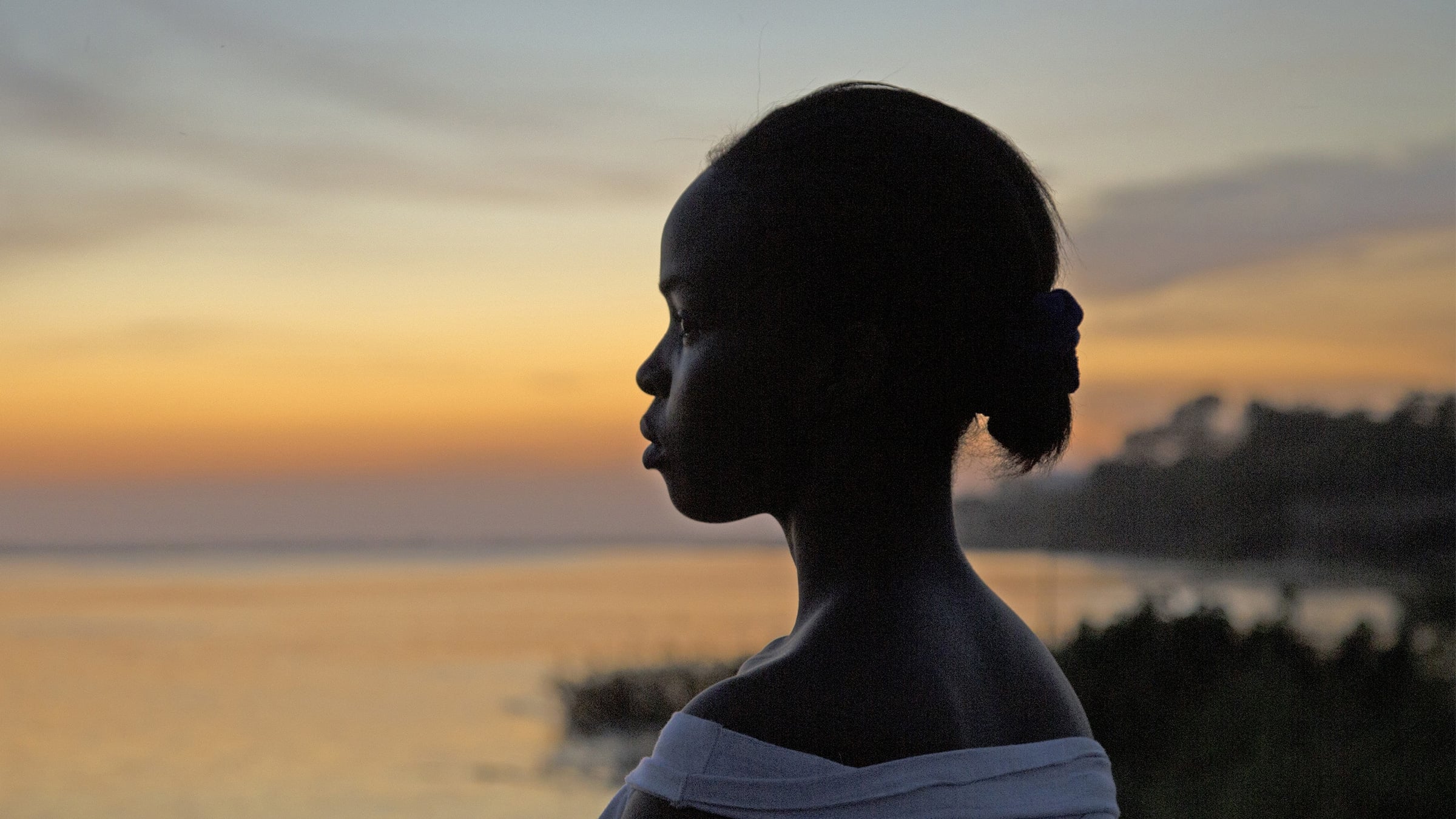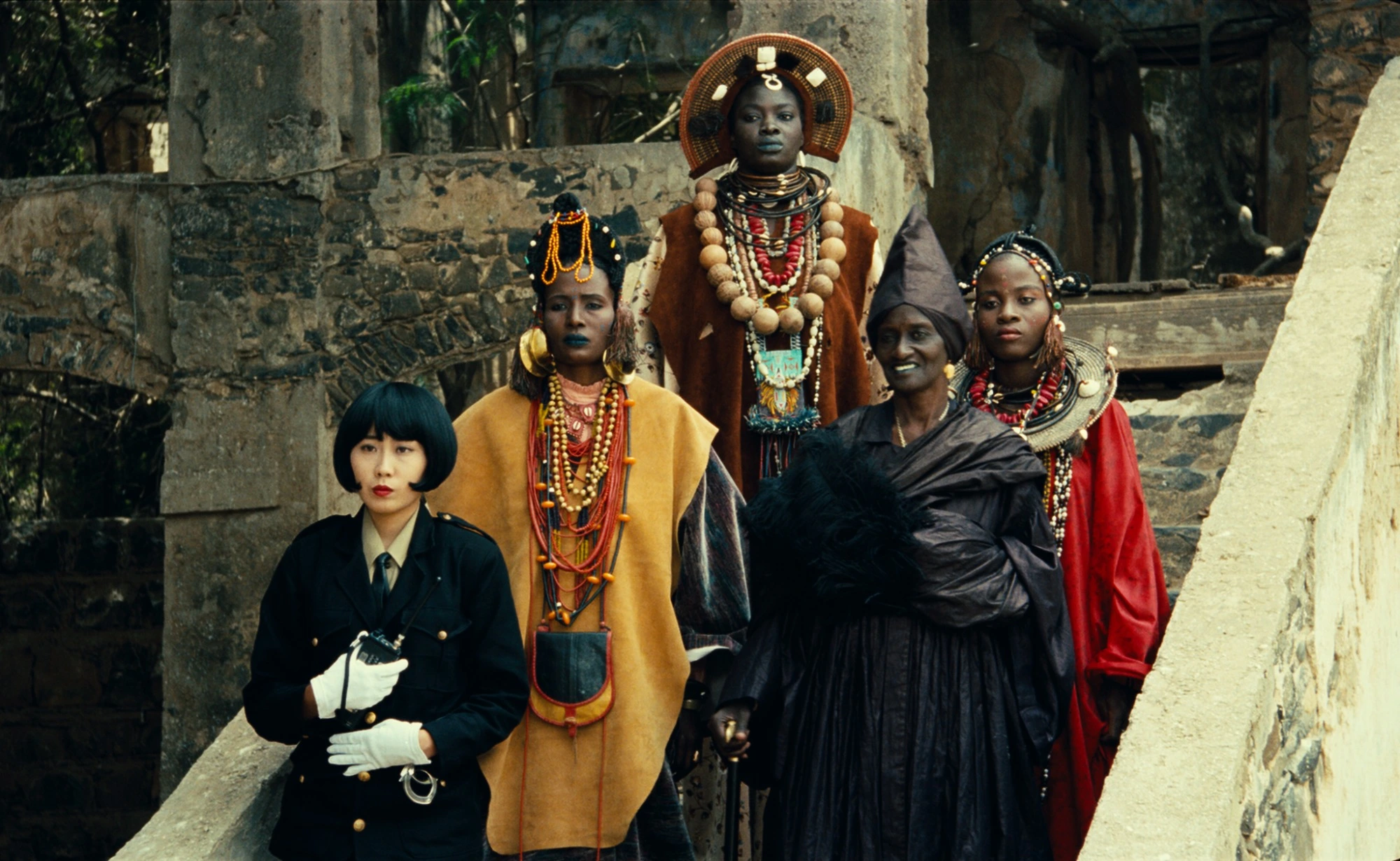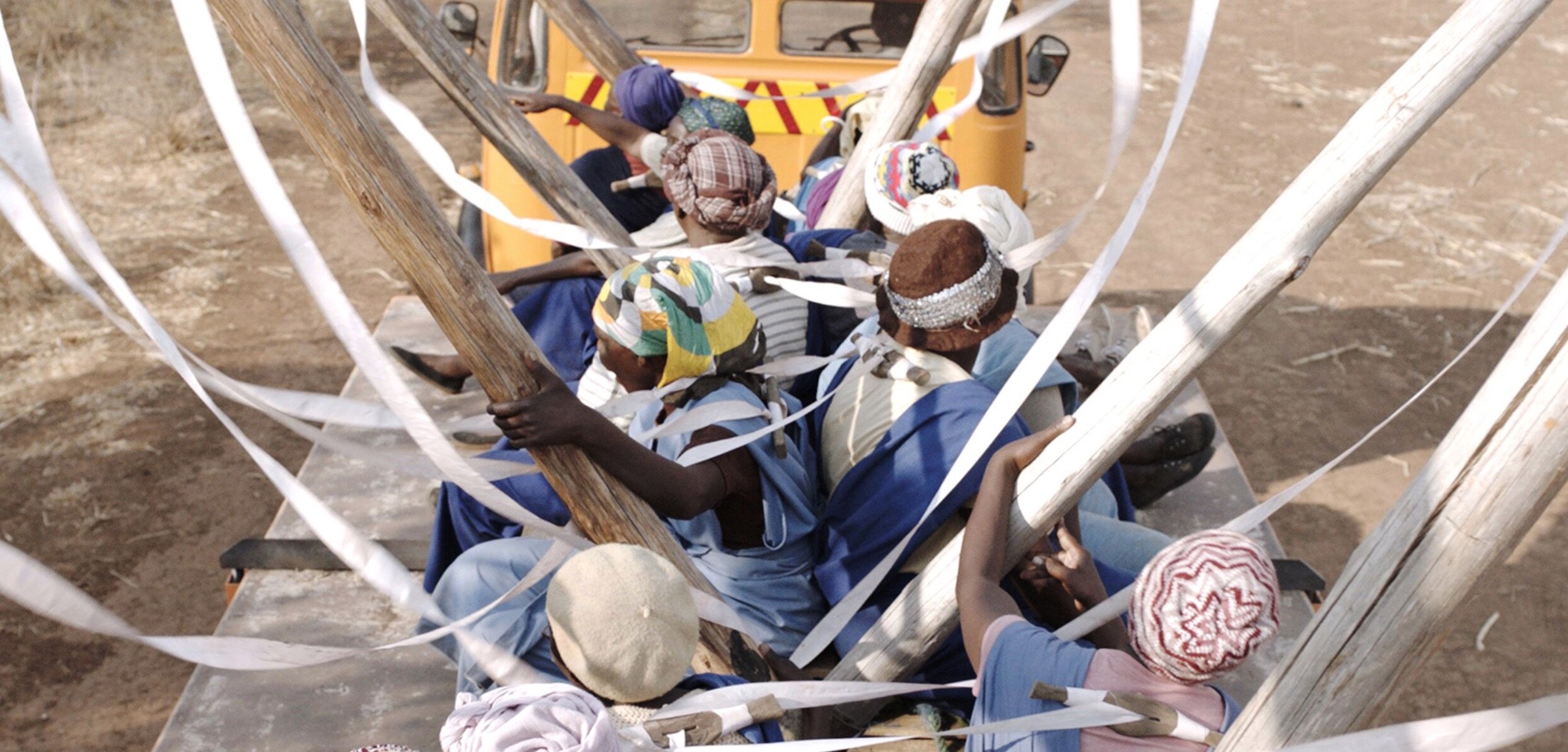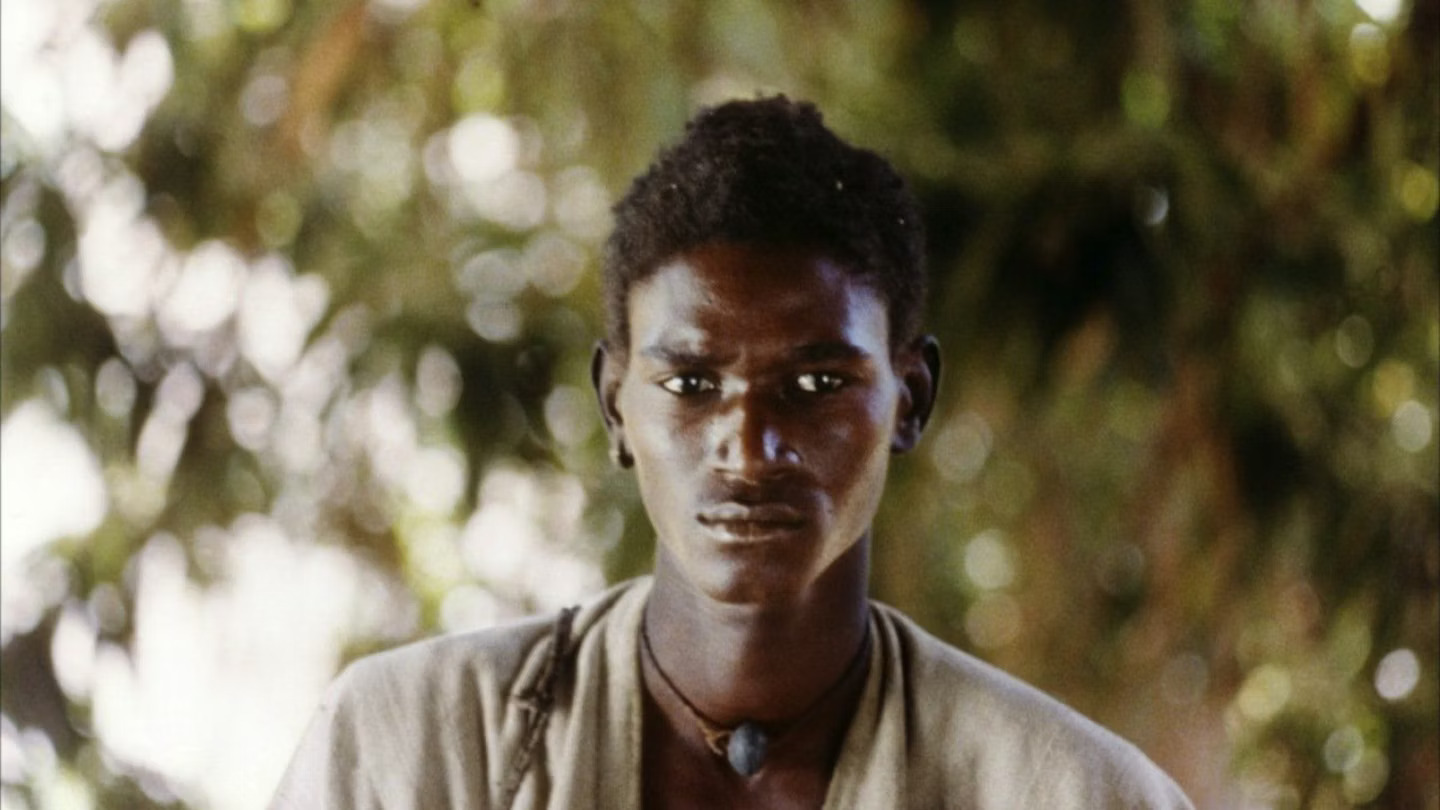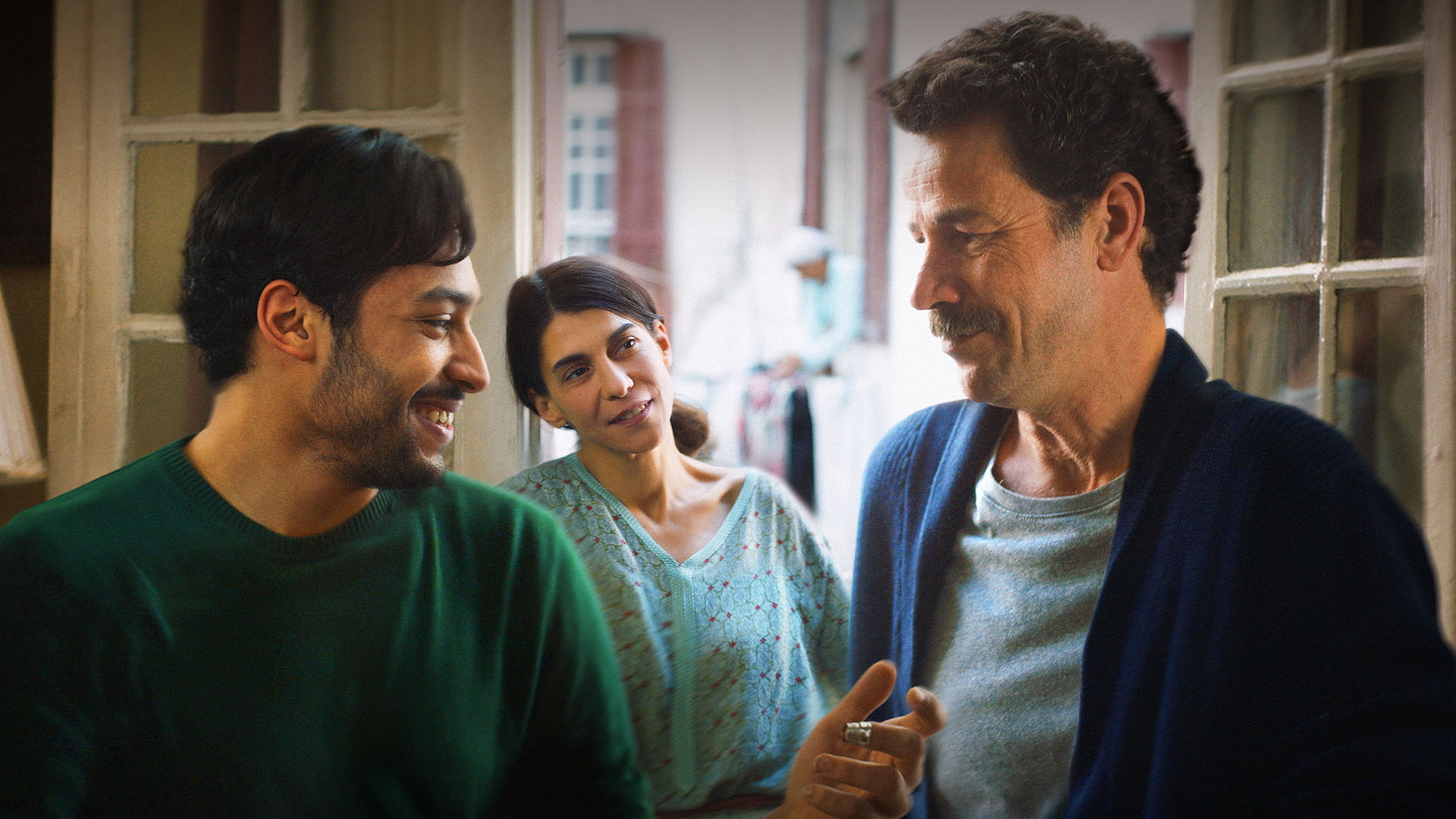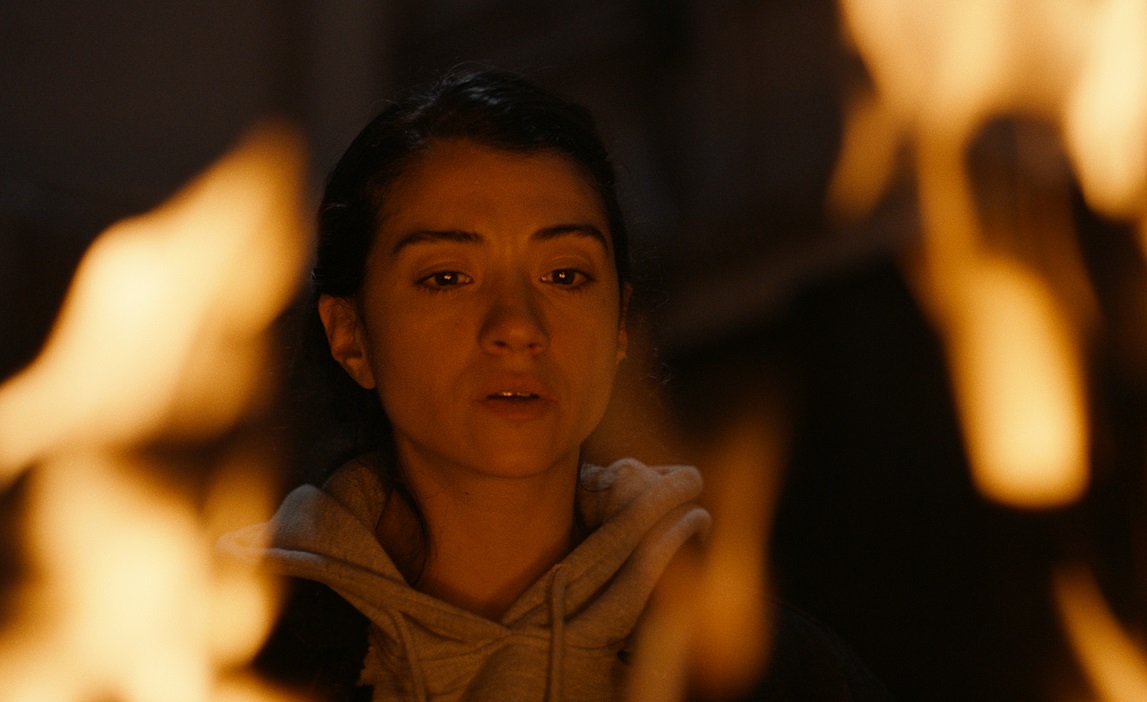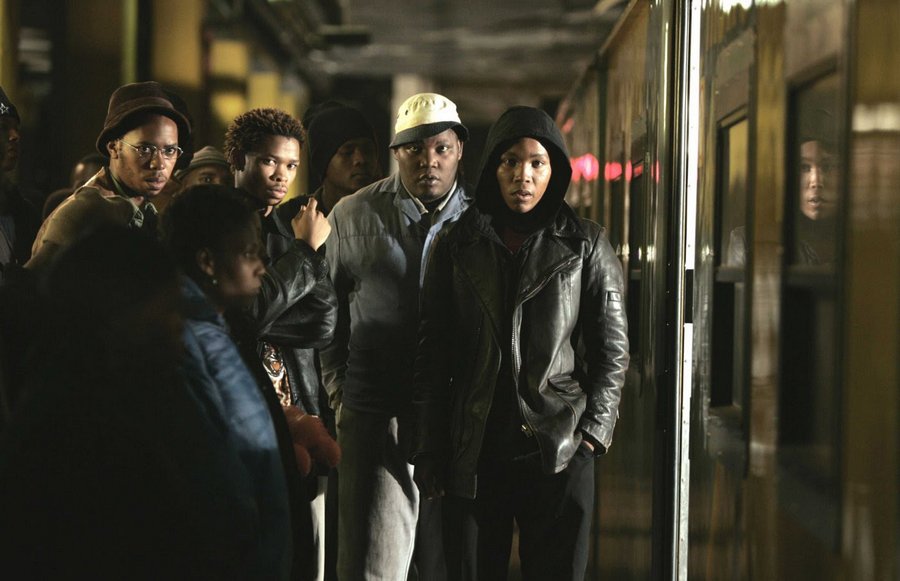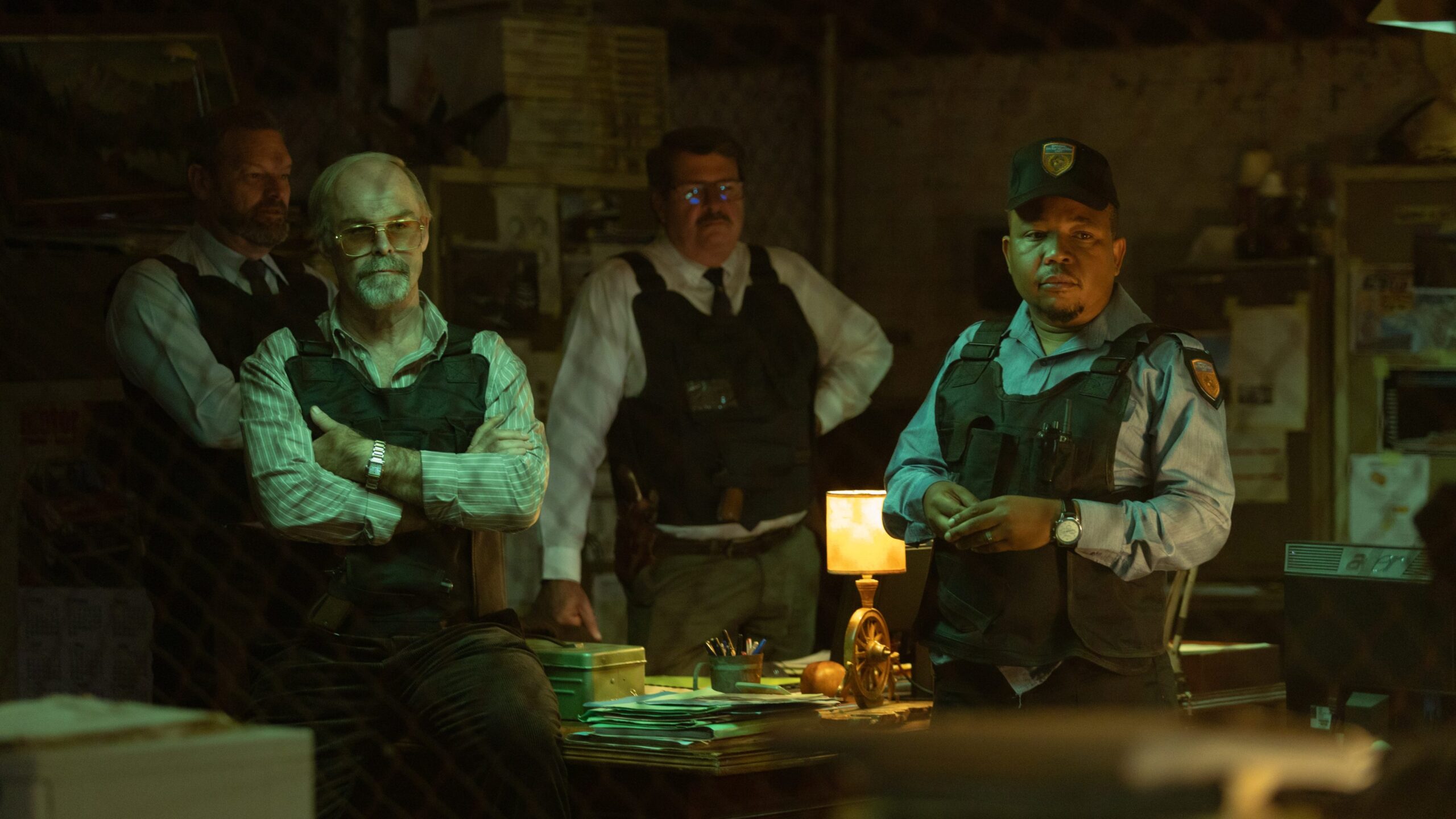Though it’s without a plot, Faya Dayi nonetheless weaves a stunning, expansive narrative about khat and the people who farm it and chew its leaves for their hallucinogenic effect. The documentary seems to take place in the same hazy dreamlike stupor that khat-chewers chase: shot in luminous black and white, the film is set to a reflective rhythm that floats from folklore to contemporary stories of romantic heartbreak, migration, and oppression.
Largely featuring members of Ethiopia's Oromo community — a marginalized ethnic group — including the farmers and workers involved in khat production, Faya Dayi is a portrait of economic hardship, emotional pain, and transcendent escape that hits straight in the chest for all the rawness and yearning it depicts. (As disembodied voice-overs put it, “people chew to get away” to the khat-induced “empty and lonely hideout where no one can ever visit you, your own dark and lonely world.”) Full of textures and images that evoke all of the senses, this is virtually a 5D movie, a hypnotic out-of-body experience that floats an astonishing expanse of ideas into your head — no talky explanations needed.
Genre: Documentary
Actor: Biniam Yonas, Destu Ibrahim Mumade, Hashim Abdi, Mohammed Arif, Urji Abrahim Mumade
Director: Jessica Beshir

